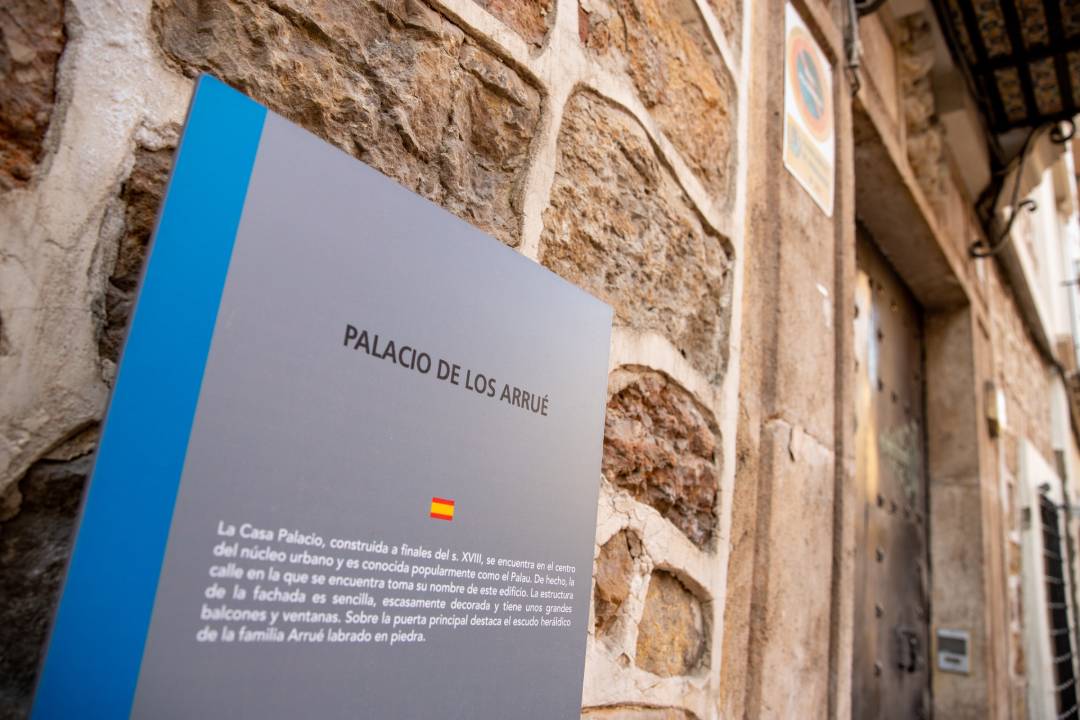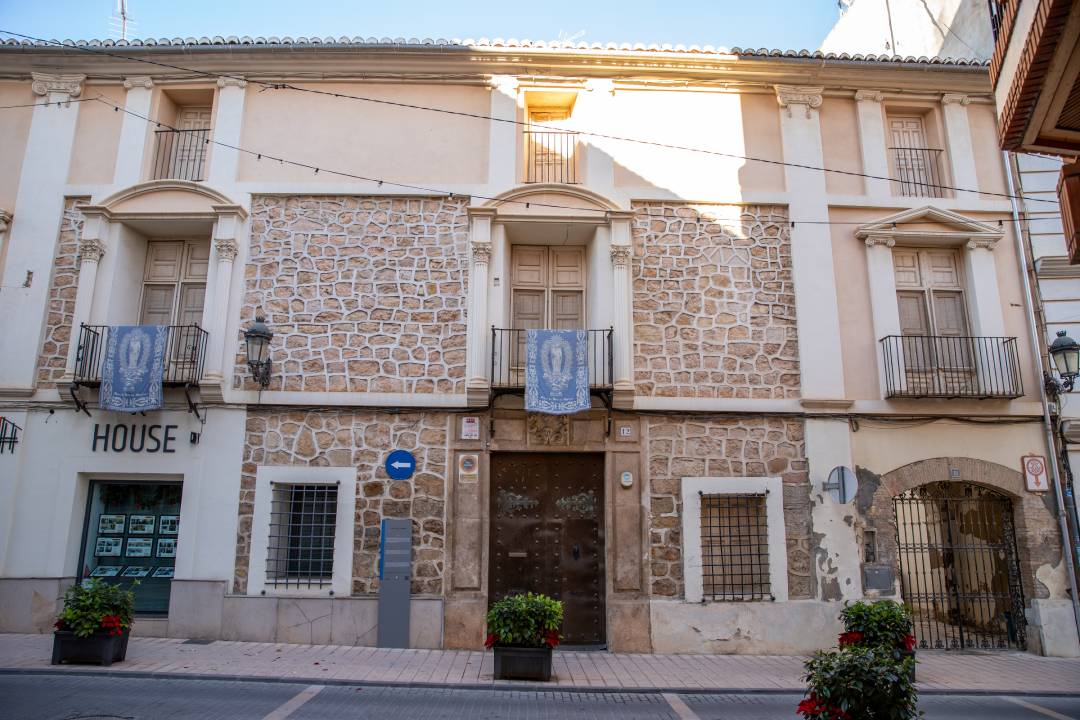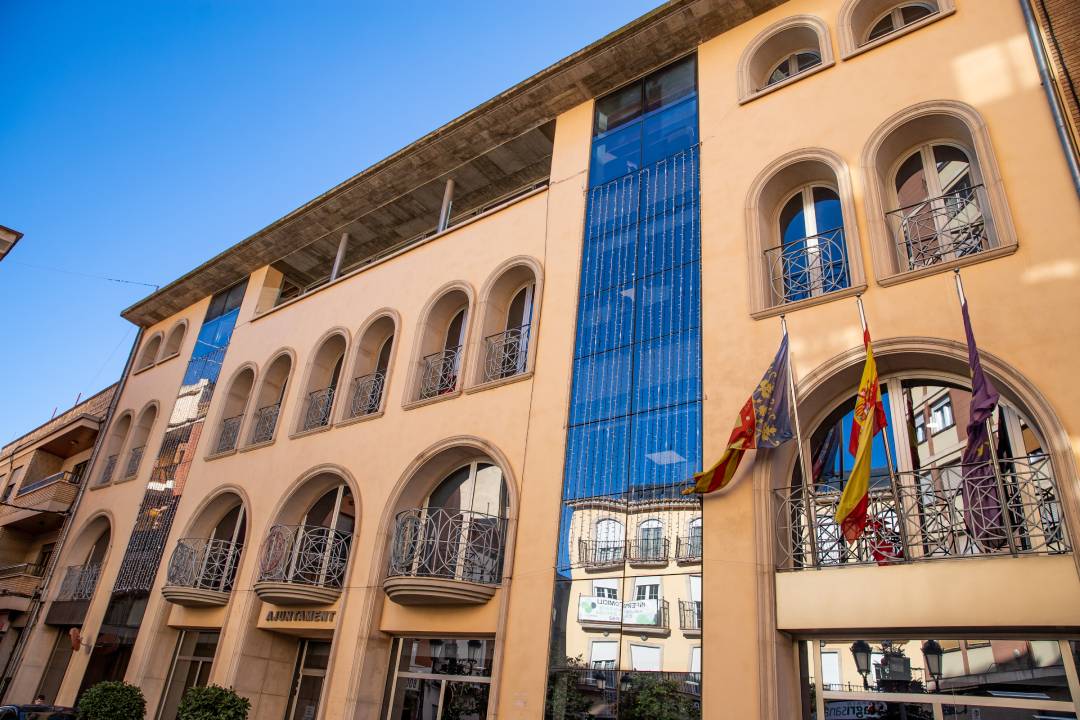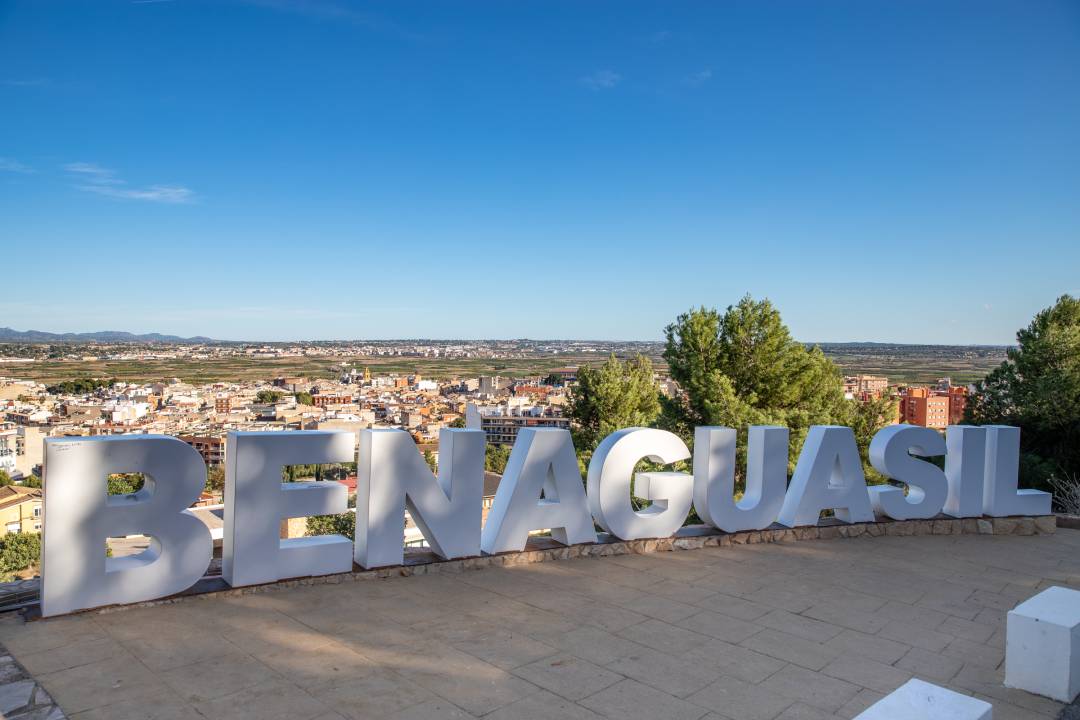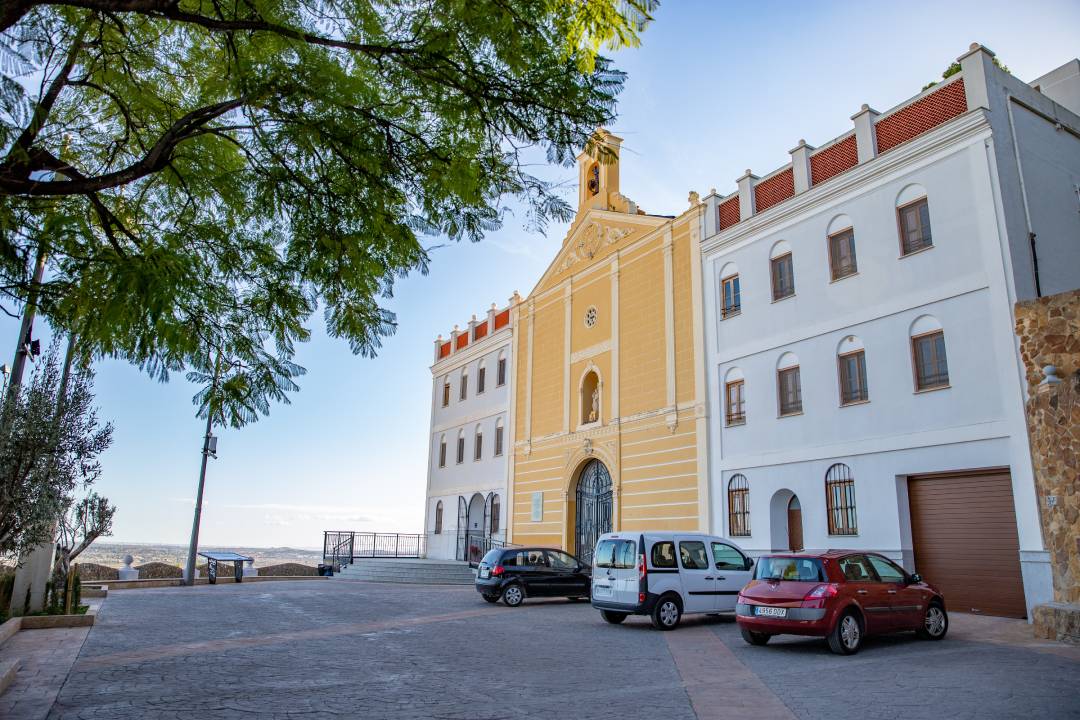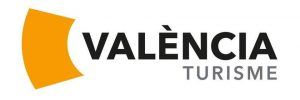Benaguasil
The privileged location of the land around Benaguasil and its municipality, next to the River Turia, the extraordinary fertility of its soil and its delightful climate, have been the decisive factors for which, throughout its history, it has been occupied by the most diverse peoples since ancient times. Throughout its history it has been subject to an interrupted series of invasions of the most diverse forms, both hostile and peaceful, from foreign invaders (Greeks, Phoenicians, Carthaginians, Romans, Visigoths and Muslims), whose cultures were mixed with the native, giving it its own personality.
Gastronomy:
The region offers a traditional array of rice dishes. Special mention may be made of chicken and rabbit paella, paella with cabbage and ribs, rice with beans and turnip and rice with chards. A traditional dish in some villages is “la caragolà”, consisting of snails in spicy sauce.
There is a long tradition of making homemade pastries, especially sweet potato cakes, “els congrets”, eau de vie rolls and “panquemados” (brioche)
Places of interest:
Former Gaol and Castle
A small room formerly used as a prison and which located in the building now used by the Municipal Band and the Benaguasil Music Society. Prison seems to have belonged to the Arab castle of Benaguasil. It may date back some 800 years, i.e., from the 12th-century, coinciding with the origins of the village.
Remains of the ancient wall
The village of Benaguasil, with its walled centre and castle, dates from the Muslim period. The original village existed until several centuries after the Christian period. It is a part of the walled redoubt of Benaguasil which, according to published studies, formed a polygon that extended along the current streets of La Acequia, Isabel de Villena, La Tirana, Pedralba, Lliria and Calle del Mur.
House of Abenàmir
The residential seat of the Abenàmir, a notable Muslim family from Benaguasil who virtually controlled life in the municipality for almost four centuries. A 3-storey Renaissance building, its proximity to the Castle walls suggests that the fort functioned more as a baronial residence than as a fortified defence. The house is currently in the process of being acquired by the Council. It is almost in a state of abandonment.
Palace of Arrué
The Palatial House, built towards the end of the 18th-century, is located in the centre and is popularly referred to as “el Palau”. The restoration of façade undertaken some years ago completely detracts from the serenity and the elegance displayed by the palace prior to the works.
Church of Our Lady of the Assumption
The Baroque church that dominates the village square and which is dedicated to the Our Lady of the Assumption was built in the first third of the 18th-century, following the traditional design of the period. The façade reveals the influence of the late Valencian Baroque. The interior of the church has three naves, with the higher, central nave having a high dome. The altarpiece, in its original form, was destroyed during the civil war in 1936. Its reconstruction began in 1957.
Fenosa Natural Park
A natural park of great beauty located on the left bank of the River Turia, in the area known as Retort-Fenosa. It is composed of a wooded area on the banks of the River Túria that is equipped with facilities for making paella, tables and toilets, as well as a children’s play area. It is open on Sundays and holidays, from 06.00 to 23.00.
House of Padre Don Vicente Garrido Pastor
Upon the completion of its restoration in 2003, it was decided to conserve the house in remembrance of the location in which the Servant of God was born, and in which he took refuge for various months in 1936. The programmed acts will be held in a climate of meditation, attempting to follow in the footsteps of his spirituality. It will also serve to spread knowledge of his life and work.
Mas del Riu
A farmhouse that takes its name from its proximity to the River Turia. It is a large building, in good condition, that was formerly used as a residence by the feudal lords when visiting their properties.
Shrine of Our Lady of Montiel
Located on the hill of the same name, it owes its origin to the discovery in December 1620 of a statue of the Virgin made from white marble. The present church, built in the late 18th-century, has a simple classical façade and the interior has a single nave with side chapels. The shrine is a major pilgrimage destination, where the statue of Our Lady of Montiel, the patron saint of Benaguasil, is venerated.
Cistercian monastery
The current building is a recent construction dating from the early 1970s. However, the ancient Monastery of Cistercian Nuns was founded in 1268 by Queen Teresa Gil de Vidaure, third wife of King James I of Aragon.
Ethnological Museum
Benaguasil Ethnological Museum houses one of the earliest museum collections in the province of Valencia and is a pioneering project in the Camp de Turia administrative region. The exhibition of its extensive heritage, divided into themes, can be visited for free.
Festivities:
Main Festivities
Held in honour of the Virgin of Montiel, patron saint of Benaguasil. Held from 1st to 20th September, with the 7th, 8th, 9th and 10th being days with the most events. These celebrations combine tradition, culture and religion with more recreational events.
Fallas
From 15th to 19th March. Benaguasil has a pronounced “fallera” traditions, and was a pioneer in the organization of these festivities in the administrative region of Camp de Túria.
The grandeur of its monuments, together with the spectacular nature of the processions and the emotions aroused during the floral offering, make a visit to Benaguasil a must during these festivities.
Saint Blaise
Patron saint of Benaguasil. Celebrated on 3rd February. On this day the residents of Benaguasil rub handkerchiefs on the throat of the statue of the saint in the hope that this will prevent or cure colds or other conditions of this type. It is traditional to try “les blaietes”, a typical local sweet.
